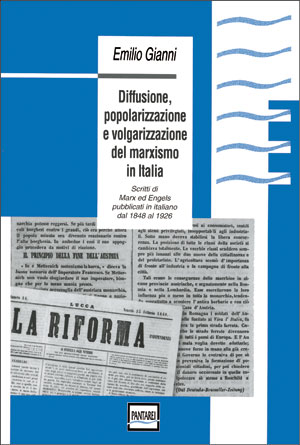λέγει που Ήράκλειτος ότι πάντα χωρει καί ούδέν μένει καί ποταμου ροηι απεικάζων τά όντα λέγει ώς δίς ές τόν αύτόν ποταμόν ούκ άν έμβαίης
Eraclito dice in qualche luogo che tutto scorre via e che niente rimane immobile, e paragonando le cose alla corrente di un fiume afferma che non potresti entrare due volte nello stesso fiume.
(Platone, Cratyl, 402a)

Se sottoponiamo alla considerazione del nostro pensiero la natura o la storia umana o la nostra specifica attività spirituale, ci si offre anzitutto il quadro di un infinito intreccio di nessi, di azioni reciproche, in cui nulla rimane quel che era, dove era e come era, ma tutto si muove, si cambia, nasce e muore.
Questa visione primitiva, ingenua,
ma sostanzialmente giusta del mondo
è quella dell'antica filosofia greca
e fu espressa chiaramente
per la prima volta
da Eraclito:
tutto è ed anche non è,
perché tutto scorre,
è in continuo cambiamento,
in continuo nascere e morire.
(Engels, Anti-Dühring)


